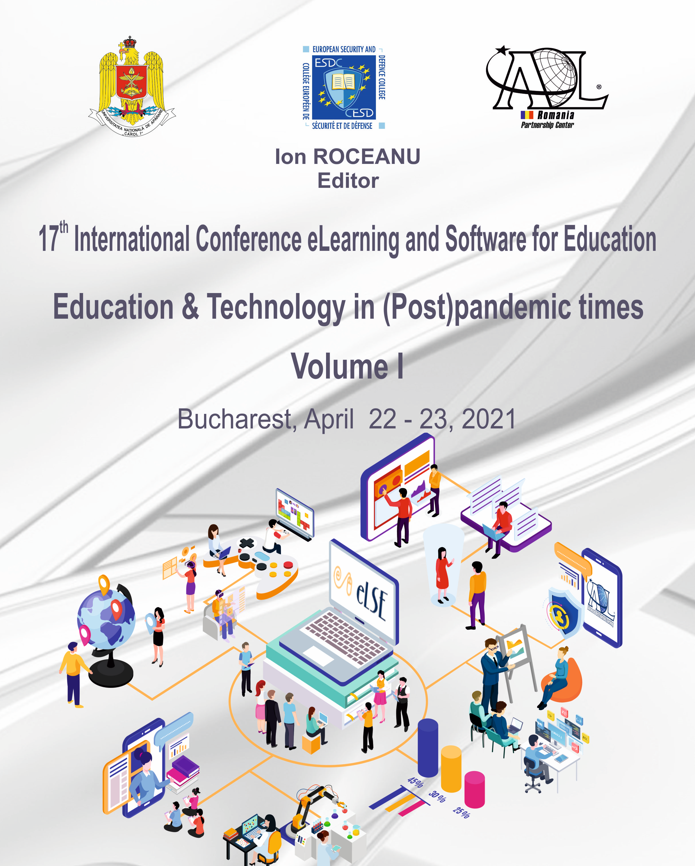ACADEMIC CHEATING: CORONAVIRUS PANDEMIC NEGATIVE IMPACT ON HIGHER EDUCATION
ACADEMIC CHEATING: CORONAVIRUS PANDEMIC NEGATIVE IMPACT ON HIGHER EDUCATION
Author(s): Natalya N. Zerkina, Galina Chusavitina, Nataliia N. KostinaSubject(s): Higher Education , Educational Psychology, Health and medicine and law, ICT Information and Communications Technologies, Distance learning / e-learning
Published by: Carol I National Defence University Publishing House
Keywords: Academic cheating/e-cheating; types of academic fraud; academic integrity; higher education; academic misconduct; academic hacking; plagiarism; prevention measures;
Summary/Abstract: The phenomenon of academic cheating/e-cheating is not new, but due to the massive growth of higher education and development of ICT in recent years, the problem is still relevant for the higher education system. In the context of distance learning, during the pandemic, academic cheating/e-cheating among university students has significantly increased, the range of forms of IT manifestation has expanded, and there is also a tendency to increase students' tolerance for these practices in the learning process. The probability that cheating/e-cheating is widely used by students during their studies raises doubts about the students ' academic performance, the quality of training for professional activities, devalues investments into the education by students and their families, undermines the image of the educational institution, etc. The aim of the study is to work out mechanisms (approaches, tools and methods) to prevent the decline in the quality of education and the validity of the assessment of knowledge caused by academic cheating/e-cheating of students, including in the short-and long-term pandemic consequences. Methodology. The paper uses the analysis of empirical and theoretical studies of foreign and Russian authors devoted to the study of the factors of unfair behavior of students. The empirical basis of the study is the data of surveys of students and teachers of Russian universities. As a result of the study, it was found that academic cheating/e-cheating among students increased in the context of the pandemic; factors that encourage students to resort to unfair means to achieve educational goals were identified. The mechanisms of effective measures to prevent student cheating/e-cheating are proposed , based on both the individual (personal) characteristics of students and the features (characteristics) of the educational environment, including the role of the teacher, fellow students, the educational environment, software and technical support, etc.
Journal: Conference proceedings of »eLearning and Software for Education« (eLSE)
- Issue Year: 17/2021
- Issue No: 01
- Page Range: 330-335
- Page Count: 6
- Language: English

